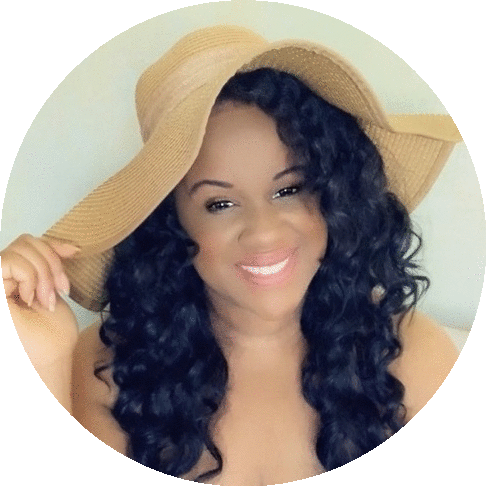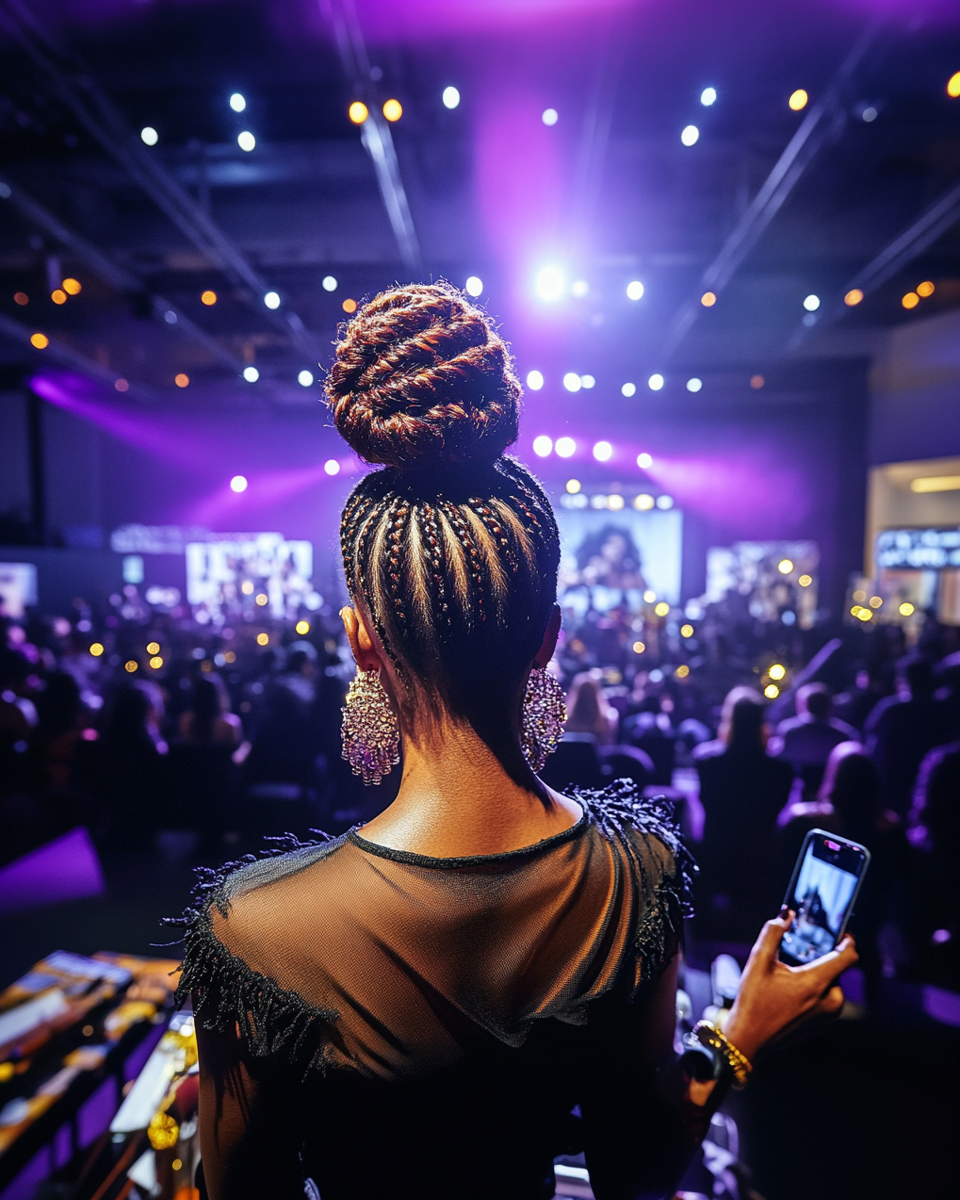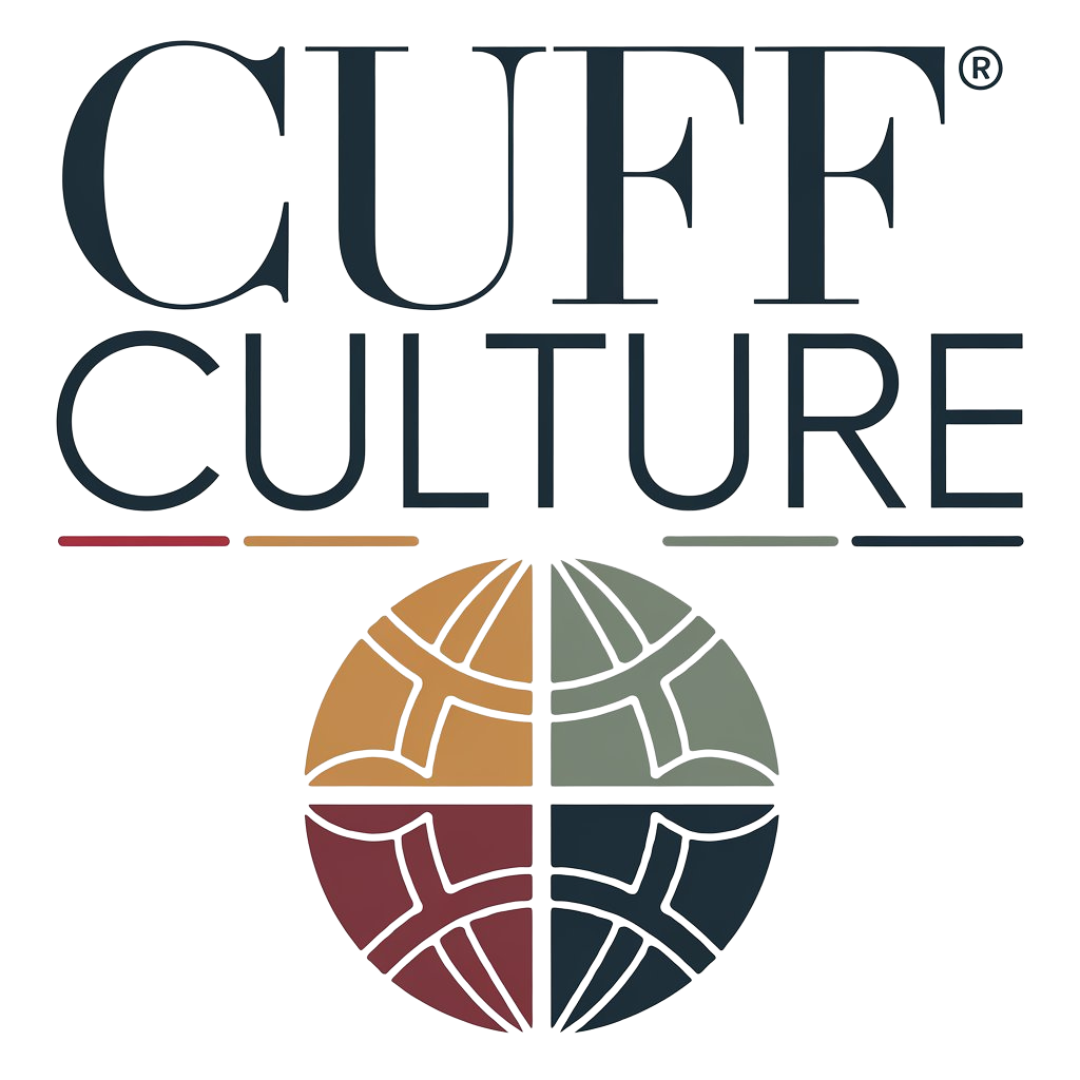
Taking Back the Beauty Supply: How Black Entrepreneurs Are Transforming an Industry


Written by CUFF Editorial Team
When Nia Jackson walked into yet another beauty supply store and got followed around like a shoplifter, she’d had enough. “I was spending thousands of dollars a year on hair products, and still getting treated like I didn’t belong,” she recalls. “That’s when I decided: if they don’t want my presence, they can’t have my dollars.”
Two years later, Jackson owns Crown & Glory Beauty Supply, one of a growing wave of Black-owned beauty supply stores challenging an industry that has historically shut out Black entrepreneurs – despite serving a predominantly Black customer base.
For decades, the $10 billion Black hair care and beauty supply industry has been dominated by Korean-American retailers, who control an estimated 80% of the market. But that’s starting to change, as Black entrepreneurs like Jackson are breaking into the business, armed with industry knowledge, community support, and digital savvy.
“Our customers walk in and their whole face lights up when they realize it’s Black-owned,” says Matt Thompson, who runs Essential Beauty Supply with his wife Keisha. “They tell us, ‘Finally, someone who actually knows what they’re talking about when it comes to our hair.'”
That expertise is crucial in an industry where product knowledge can make or break a business. “I’ve been doing hair since I was a teenager,” says Keisha. “I know exactly what products work for different hair types, what ingredients to look for, what to avoid. That’s knowledge you can’t fake.”
But breaking into the beauty supply business isn’t easy. Many Black entrepreneurs face significant barriers, from securing startup capital to establishing relationships with distributors who have long-standing ties to traditional retailers.
“The banks weren’t trying to hear it,” Jackson remembers. “They looked at my business plan and saw beauty supply store, they saw Black woman, and that was it. Never mind that I had ten years of retail management experience and a MBA.”
Like many Black entrepreneurs, Jackson cobbled together funding through a combination of savings, family loans, and community support. She also turned to social media, launching a successful crowdfunding campaign that raised $50,000 from future customers eager to support Black ownership.
The rise of social media has been a game-changer for Black beauty supply entrepreneurs.
Platforms like Instagram and TikTok allow them to build customer relationships, showcase inventory, and share educational content about hair care. Many stores now do significant business through online sales and shipping, expanding their reach beyond local customers.
“Social media lets us compete with the big guys,” says Thompson. “We might not have their square footage or inventory, but we can build genuine connections with our customers. Plus, we can spotlight Black-owned hair care brands that often get overlooked in traditional stores.”


When Black-owned beauty supply stores stock Black-owned brands, it creates opportunities for more Black entrepreneurs to enter the industry at different levels.
That support for Black-owned brands is another key difference. While traditional beauty supply stores typically stock mostly major corporate brands, Black-owned stores often make a point of carrying products from independent Black-owned companies.
“It’s about creating an ecosystem,” explains Dr. Maya Richards, who studies Black entrepreneurship at Howard University. “When Black-owned beauty supply stores stock Black-owned brands, it creates opportunities for more Black entrepreneurs to enter the industry at different levels.”
The movement has gained momentum during the past few years, as increased attention on supporting Black-owned businesses has drawn customers and investors. Several organizations now provide specific support for aspiring Black beauty supply entrepreneurs, offering mentorship, training, and help navigating distributor relationships.
Beauty Supply Institute, founded by Devin Robinson, has helped launch over 100 Black-owned beauty supply stores nationwide. Robinson’s program teaches everything from inventory management to lease negotiation, addressing the knowledge gap that has historically kept Black entrepreneurs out of the industry.
“This isn’t just about owning stores,” Robinson says. “It’s about building generational wealth in our communities. When you look at how much money Black consumers spend on beauty products, it’s crucial that some of those dollars stay in our communities.”
The impact is already visible. In cities with Black-owned beauty supply stores, customers report better service, more product options for natural hair, and a more welcoming shopping experience. Many stores have become community hubs, hosting hair care workshops, styling demonstrations, and events featuring local vendors.
“We’re not just selling products, we’re creating community,” says Jackson. “When a young girl comes in with her mom and sees Black ownership, that plants a seed. She knows this space belongs to her.”
Looking ahead, industry watchers expect the trend to continue growing. While Black-owned stores still represent a small percentage of the market, their numbers are steadily increasing. Many successful owners are opening second and third locations, while helping other entrepreneurs get started.
“This is just the beginning,” says Thompson. “Every time a Black-owned beauty supply store opens, it shows others it’s possible. We’re reclaiming our space in an industry built on Black dollars, and we’re here to stay.”
Related Articles
Related
A Thoughtful Reflection On Endurance: The Extraordinary Feminine Wisdom Of The Rare Coco De Mer Seed
On a sleepless night, while lost in thought about what an unpredictable year it’s been, I mindlessly scrolled through social channels when the frequency of a young jazz musician scatting over a playful bossa nova track grabbed my attention. The frequency of his...
Beauty as Cultural Language: Power, Identity & Reclamation
Beauty has never been neutral. Long before it was reduced to trends, routines, or billion-dollar product lines, beauty functioned as language, a way communities signaled belonging, resistance, status, spirituality, and survival. For Black and diasporic cultures in...
Diaspora Wealth: Legacy Beyond Money
Wealth, as it is commonly defined, is narrow. It is measured in assets, income, and accumulation - numbers detached from history, context, and consequence. But for the Black diaspora, wealth has never been solely about money. It has always been about what survives....

Join
Ready to level up? Get access to our exclusive updates and offers sent directly to your inbox. You don’t want to miss a thing, so drop your best email.
Links
- Contact Us
- Events
- Shop
- Podcast
- Careers
- Sponsorships

